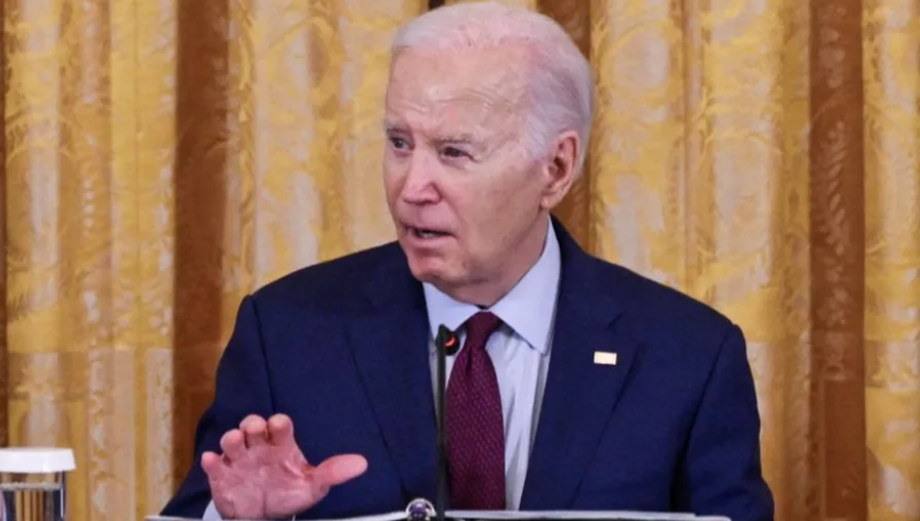On August 1, 2024, President Joe Biden issued a national security memorandum directing federal agencies to intensify their efforts in disrupting the supply chain of fentanyl and other synthetic opioids.
This order marks a significant escalation in the administration’s strategy to combat the opioid epidemic, a key focus of Biden’s Unity Agenda since taking office.
In his memorandum, Biden stressed the urgent need to address the deadly fentanyl crisis, stating:
“Tackling the deadly scourge of fentanyl and other synthetic opioids has been a top priority since my first day in office. I have made combatting this deadly epidemic and saving American lives a centerpiece of my Unity Agenda.”
Fentanyl, a synthetic opioid known for its potency—50 to 100 times stronger than heroin—and its low production cost, has increasingly been found in recreational drugs.
This proliferation has been linked to a surge in overdose deaths across the United States. According to the Centers for Disease Control and Prevention (CDC), there were 81,230 drug overdose deaths in the 12 months leading up to May 2020, the highest number recorded in U.S. history.
The President’s directive calls for a coordinated and collaborative approach across federal agencies, including the FBI and the Postal Service.
Key components of the strategy involve enhancing intelligence sharing, prioritizing actions to disrupt the supply chain, and fostering improved collaboration with the private sector.
The memorandum also establishes the National Security Council Fentanyl Disruption Steering Group to oversee the implementation of these new measures.
Biden’s directive builds on previous initiatives aimed at tackling the opioid crisis, including sanctions on international drug traffickers and increased drug seizures at U.S. borders.
The administration has also faced criticism from Republicans who attribute the rise in overdose deaths to perceived weaknesses in border security under Biden’s leadership.
In response, the White House highlighted its investment of over $82 billion in addiction treatment, a 40% increase compared to the previous administration.
The opioid crisis, which began in the late 1990s with aggressive marketing of prescription opioids by companies like Purdue Pharma, has evolved significantly.
The widespread misuse of prescription opioids led many individuals to heroin and eventually to synthetic opioids such as fentanyl, creating what the CDC describes as the three waves of opioid overdose deaths.
Biden’s announcement comes as part of a broader push for ambitious policy reforms, following his recent decision not to seek reelection in November.

